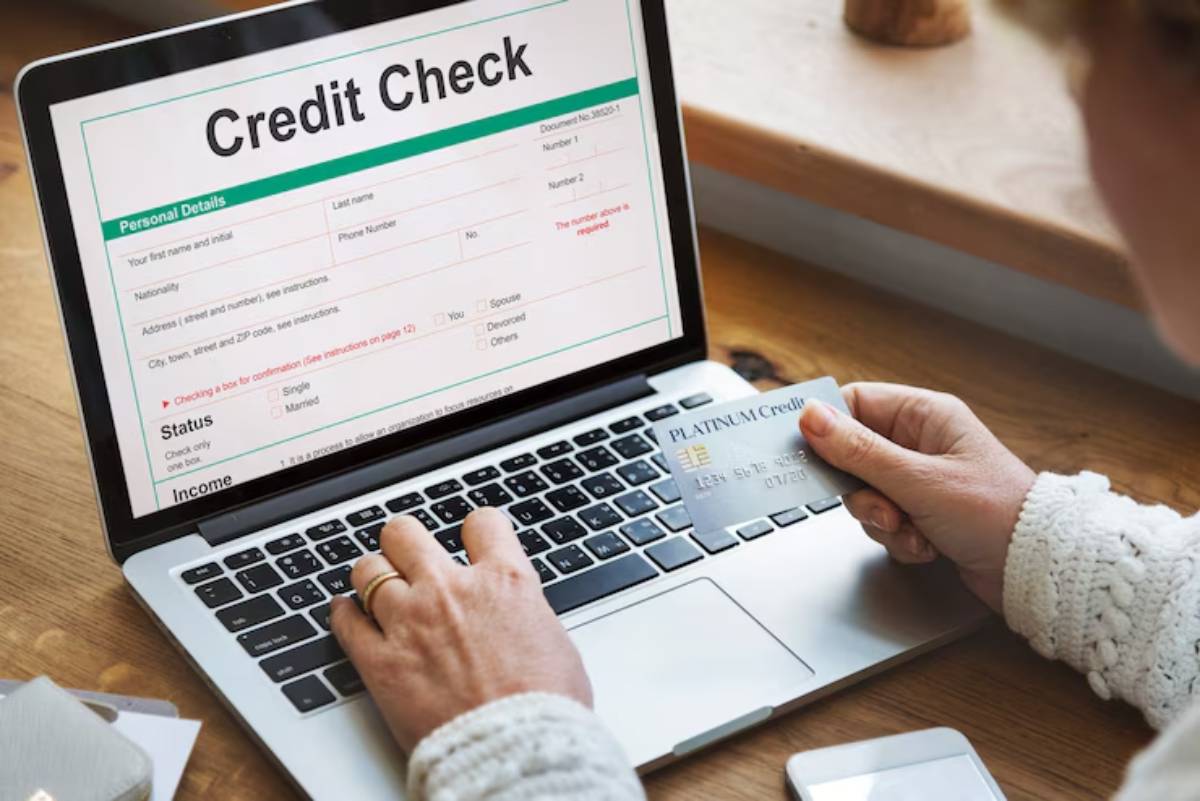
Credit Considerations When Applying for a Mortgage
Buying a home is one of life’s biggest financial milestones. It’s exciting, but also complex — especially when it comes to your credit.
Before a lender approves your mortgage, they want to know you’re financially stable and reliable. That’s where your mortgage credit profile comes in.
So, how do you know if you’re ready? What score do you need? And how can you improve your chances?
In this guide, you’ll learn how to prepare your home loan credit profile, what lenders look for, and how to boost your credit readiness before applying for a mortgage.
Why Your Credit Matters When Buying a Home
Mortgage lenders don’t just hand out loans. They carefully evaluate your:
- Credit score
- Credit report
- Payment history
- Debt levels
- Length of credit history
- Recent activity
This helps them decide how much you can borrow, what interest rate to offer, and whether to approve your application.
What Is Mortgage Credit?

Mortgage credit refers to your credit score and full credit history as seen through the lens of mortgage lending.
It includes:
- FICO or VantageScore (often mortgage-specific models)
- Payment patterns on past loans or credit cards
- Credit use, limits, and balances
- Public records (like bankruptcies or court judgments)
Even if you’ve never had a mortgage before, your other credit accounts shape your home loan credit profile.
What Score Do You Need for a Mortgage?
There’s no single “magic number,” but here’s a rough guide:
| Credit Score | Mortgage Impact |
|---|---|
| 760+ | Excellent – access to the best rates and loan options |
| 700–759 | Good – competitive rates and flexible terms |
| 650–699 | Fair – may be approved, but with higher interest |
| 600–649 | Risky – possible approval with larger deposit or limits |
| Below 600 | Poor – approval unlikely without a co-signer or help |
Note: Lenders may use different models, so check your score with multiple bureaus if possible.
When Should You Start Preparing?
The best time to start your credit readiness plan is 6 to 12 months before applying.
That gives you time to:
- Check your credit reports
- Improve your score
- Fix any errors
- Pay down debts
- Build a solid payment history
The earlier you start, the better your chances — and the better your mortgage deal.
Explore our guides on Strategies for Increasing Your Credit Limit to build even more financial confidence.
Prepare Your Home Loan Credit Profile
Here are the steps you should take to get mortgage-ready.
1. Check Your Credit Reports
Request your reports from all three major bureaus:
- Experian
- Equifax
- TransUnion
Look for:
- Late or missed payments
- Incorrect balances
- Accounts you don’t recognise
Dispute any errors as soon as possible — they can take time to fix.
2. Know Your Credit Score
Use tools like:
- Credit Karma
- ClearScore
- Experian’s free app
Knowing your score helps you understand where you stand and what to expect when applying.
3. Pay Every Bill on Time
This is the most important factor in your score. Even one missed payment can drop your score and delay your home plans.
Set reminders or use automatic payments to stay on track.
4. Pay Down Existing Debt
Your credit utilisation ratio — how much of your available credit you’re using — should be below 30%.
For example, if your card limit is £1,000, aim to keep your balance under £300.
Lower balances show lenders that you’re not over-reliant on credit.
5. Avoid New Credit Applications
Each new application causes a hard inquiry on your report, which can temporarily lower your score.
Hold off on new cards or loans until after your mortgage is approved.
6. Don’t Close Old Credit Accounts
Older accounts add to your credit history length — which helps your score. Keep old, unused cards open (unless they charge high fees).
7. Save for a Deposit
While not a direct credit factor, a larger deposit makes you look more financially stable. It can also reduce the amount you need to borrow and lower your interest rate.
Special Considerations for First-Time Buyers
If this is your first home, you may qualify for:
- Government-backed mortgage schemes
- Low deposit loans
- First-time buyer programmes
Even so, lenders still check your home loan credit history. These benefits don’t remove the need for good credit.
Should You Get Pre-Approved?
Yes. Mortgage pre-approval:
- Shows sellers you’re serious
- Gives you a realistic budget
- Reveals any credit issues before formal application
- Locks in a rate for a limited time
Most lenders run a soft check during pre-approval — so your score isn’t affected.
What If Your Score Is Low?
Don’t panic. There are still ways to improve your chances.
Consider a Co-Signer
A family member with strong credit can boost your application.
Wait and Build
Take 6–12 months to work on your credit. It may save you thousands in the long run.
Explore Specialist Lenders
Some lenders work with applicants who have poor or limited credit. Just watch out for high interest rates.
Mortgage Red Flags to Avoid
These warning signs can delay or derail your mortgage application:
- Missed payments within the last 12 months
- High credit card balances
- Recently opened credit accounts
- Defaulted loans or court judgments
- Inconsistent income history
If any of these apply, speak with a mortgage adviser. They can help you prepare or guide you to the right lenders.
What Lenders Like to See
For smooth approval, aim to show:
- A credit score of 700+
- No late payments in the past 12 months
- Low debt levels
- At least two active credit accounts
- Steady employment and income
Get Credit-Ready for Your Dream Home

A mortgage is more than just a loan — it’s a long-term commitment. That’s why your credit readiness matters so much.
By preparing your mortgage credit profile ahead of time, you give yourself the best shot at approval, better rates, and a smoother buying experience.
With the right planning, consistent habits, and smart choices, you’ll be ready to unlock the door to your new home — and step into your next chapter with confidence.
Explore our guides on Preparing Your Credit for a Car Loan to build even more financial confidence.


